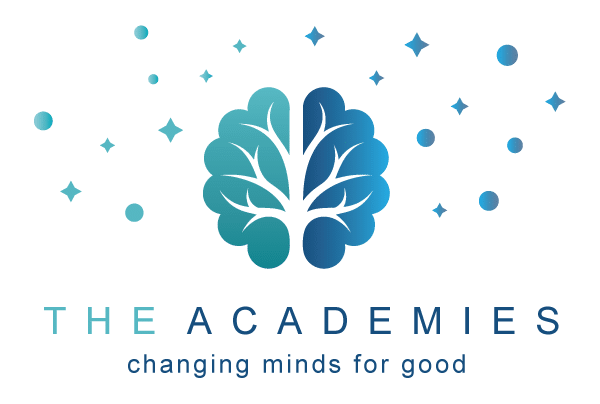Joe Dispenza, the author of Breaking the Habit of Being Yourself has a beautiful phrase: “Where you place your attention is where you place your energy.”
Understanding the Attention-Energy Loop
As we consider our attention and focus as well as that of the clients we coach, we have to think about the attention-energy loop that is constantly going on in our brains and bodies.
- Positive Focus: If we have a positive focus, and we’re putting our attention on the positive things, the things we want, and the goals and strengths we have to move towards the things we want, then we are going to have positive energy.
- Negative Focus: The minute that we put our attention on the negative things we don’t want, the things that are irking us, frustrating us, or causing us to be sad or depressed, we are going to turn quickly towards negative energy.
That’s not to say that you have to be Susie Sunshine and be positive all the time. However, it means that we should notice when we’ve gone into a negative focus, and we should, therefore, be aware that our attention and energy are going in a negative direction. Once our energy goes negative, it’s very difficult to muster the energy to do the things that will help us move towards our goals.
How the Brain Processes the Information We Hear
Did you know? The brain has different processing speeds for unconscious and conscious processing. It’s been said that we can process millions of bits of data per second on an unconscious level. However, when it comes to our conscious processing (the things we can pay attention to), that number is just a fraction — somewhere between two to 60 bits of information per second.
For example, if you’re listening to a conversation, you’re going to require almost 60 bits of data per second to be able to listen to someone. If a second person comes along, and your brain has already maxed out the conscious processing speed, listening to the first person in addition to a second person who interrupts to speak with you at the same time, it’s nearly impossible to understand both people at once.
Giving Attention and Focus to the Things We Want in Life
We can take this idea and apply it to the goals we have, the things we’re moving forward towards, and the attention we want to give our goals. If we get distracted with things that are not priorities or with things that feel urgent but not important, all our attention — all of those bits per second — is going to be used up on things that are not moving us towards what we want.
Stress is also a factor because the more stress we have, the more anxiety we have, which reduces our attention capabilities. That being said, there are both external and internal stressors:
- External Stressors: Deadlines, conflicts, etc.
- Internal Stressors: Exhaustion, pain, etc.
Both external and internal stressors can impair our attention. The brain is very sensitive to even small amounts of stress. The greater our perception of stress, the greater our anxiety, and the more our neural circuits are going to not function as effectively, thereby reducing the control we need to be able to stay focused and pay attention.
Awareness of the Attention-Energy Loop Is Key
In summary, there are a plethora of things that go into attention vs distraction, or the attention-energy loop. If we’re simply aware that our brains have a limited amount of bits per second that they can process, we can remember to ask ourselves:
- What do I choose to give my attention to so that I can move towards the things that are positive in my world and my life?
- How can I leverage my strengths, values, intentions, and so on to keep my energy as high as possible for as long as possible, so that I can move as quickly as possible towards the things that are important to me?
Remember to pause and ask yourself these questions as you practice honing your attention and focus, along with coaching your clients to do the same.
Learn More About the Neuroscience Advantage in Coaching
Visit our Neuroscience and ICF Core Competency #3 article to take a deeper dive into this topic. Also, be sure to keep up with our Neuroscience and the ICF Core Competencies series where we explore brain-based concepts relating to each competency! We regularly share new articles about neuroscience and coaching to help deepen your knowledge and understanding of the relationship between how we coach and the biology of the brain to encourage smarter coaching and lasting change. Thanks for reading!
